|
This post contains affiliate links. This means Me Two Books may earn a small commission should you make a purchase using the link.
"I literally felt torn in two pieces. I didn't want to leave one baby to go back to the hospital, but I couldn’t stay away from the baby still fighting in the NICU." 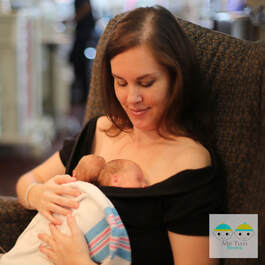 There are many things about the NICU that no one tells you. And when multiples are involved the unknowns double. From the moment my twins were born at 28 weeks and admitted to the NICU, my first thought in the morning and my last thought at night was when will they come home. But during the 55 days that my twins shared the NICU, it had never occurred to me, nor had I ever been told that they might not go home together. But that is exactly what happened. One of my twins was ready to be released, and the other was not. It would take another ten days before they would be reunited again. Those days were the hardest part of the whole NICU experience. I literally felt torn in two pieces. I didn't want to leave one baby to go back to the hospital, but I couldn’t stay away from the baby still fighting in the NICU. Finding a balance was impossible, which led me to feel so guilty. Dealing with multiple discharge dates for your NICU babies will be difficult, but here are a few things that could help. It is Common
It is common that multiples will have differing NICU stays in terms of treatment and length. Understanding and preparing for this from the beginning helps. Consider Childcare Have a plan in place for childcare. Once a baby is released from the NICU, they are not allowed back as a visitor. Future hospital visits will have to be made alone. Make sure you have someone in mind that can watch your baby at home that is comfortable providing the level of care that a medically fragile baby could need. Continue to Bond You may feel that you are less bonded, or are losing your bond with your hospitalized baby because you are not spending as much time with them as before. But the parental bond is based in quality not quantity. When you are able, continue all those bonding activities like kangaroo care, reading, and talking to them. And if you can't make it to the hospital everyday, remember that bonding can still take place via technologies like FaceTime and Zoom. Get Support Having one baby home from the hospital will likely cause a flood of emotions, from happiness to guilt. It is important to seek help and support from your friends, family, partner, and professionals during this time. "Children need to see you being kind to students, staff members and parents. Children need to hear your kindness through compliments, encouragement and honesty. " ~ Christina Dankert, author of The Kindness Machine I am excited to share this guest post today, because it is the book birthday of The Kindness Machine. Last year, I posted a Beyond the Book Activity to use with this great book. ~ Ali How many t-shirts, coffee mugs and signs have you seen recently with the message, “Be Kind”? Those two little words seem to be on everything, but many people struggle to do just that. Kindness matters. Oftentimes we notice unkind actions more than kindness itself. We must shift our focus to intentionally being kind, point out kindness when we see it and model it for one another. Several studies suggest that kindness can improve self-esteem, reduce stress and help build connection and empathy with others. These positive benefits are another reason to intentionally put kindness as a focus in homes and classrooms. Children need to see kindness modeled through both actions and words. How we react and how we speak to each other does not go unnoticed by children. As a second grade teacher, I start my school year by telling my new class, “I will never yell at you.” The look on their sweet little faces is always that of shock. One year a student asked, “How will we know if we are in trouble?” I smiled and explained that I have high expectations for my students and that we will learn to use our words. Together, we brainstorm classroom rules and most students offer up a rule that begins with the word, “don't.” My mother-in-law has always said that the mind can not avoid a don’t. In college, we were taught to start classroom rules with, “be.” After brainstorming, I guide the students to have one classroom rule that takes care of it all, “Be kind with your hands, feet and words.” With this one rule we are using our hands to ask questions and to help each other up, we are walking in the hallways and using our words to speak kindly. Similar to teaching reading decoding or comprehension, kindness has to be explicitly taught and modeled. Children need to see you being kind to students, staff members and parents. Children need to hear your kindness through compliments, encouragement and honesty. I love pointing out my mistakes, because we all make them. Reminding children that even adults make mistakes and need to try again helps to humanize a teacher, parent or caregiver. This allows a child to understand that they too can make mistakes and try again. I wrote my first children’s book The Kindness Machine, in hopes of helping to start or continue the kindness conversation in homes and classrooms around the world. There are guided questions at the beginning of the book to ask questions before, during and after reading. There are little questions in the heart of the book at the bottom right hand corner to allow even the littlest listeners or readers to apply kindness to their own lives. By pausing and asking intentional questions, the adult helps facilitate the concept of kindness and allows the child to make a connection to their own lives. I am most proud that the book shines a light on not only kindness to others, but also on kindness to ourselves. I hope that children and adults reading the book get a reminder to love ourselves and to spread kindness. Kindness matters. Pass it on.
This post is in partnership with The Children’s Book Review and Tabletop Teaching LLC. All opinions are my own.
Book Information
Giveaway
Enter for a chance to win a My Home Filled With Love tote, including stickers and a signed copy of the book!
One (1) grand prize winner receives: A My Home Filled With Love tote including: -A signed copy of My Home: Filled with Love -Stickers Two (2) winners receive: -A signed hardcover copy of My Home: Filled with Love Two (2) winners receive: -A signed paperback copy of My Home: Filled with Love Clicking on the book above takes you to an affiliate links. This means Me Two Books may earn a small commission should you make a purchase using the links. Clicking on the book above takes you to an affiliate links. This means Me Two Books may earn a small commission should you make a purchase using the links.
This post is in partnership with The Children’s Book Review and Alysson Foti Bourque. All opinions are my own.
Book Information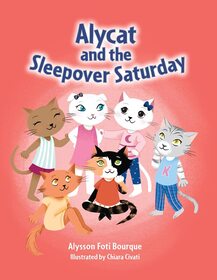
Alycat and the Saturday SleepoverWritten by Alysson Foti Bourque
Illustrated by Chiara Civati Ages 4+ | 32 Pages Publisher: Pelican Publishing | ISBN-13: 9781455627233 Publisher’s Book Summary: Alycat hosts a big sleepover, complete with games, s’mores, and ghost stories. A surprise guest adds suspense! People are talking . . . The Alycat Series features Alycat and the Thursday Dessert Day, Alycat and the Monday Blues, Alycat and the Friendship Friday, Alycat and the Tournament Tuesday, Alycat and the Cattywampus Wednesday, and Alycat and the Sleepover Saturday. The books in this series have won more than 17 awards, including the NYC Big Book Award, the Mom’s Choice Awards, and the Next Generation Indie Book Awards; have been featured in Kirkus Reviews and Publishers Weekly; and have appeared in the Oscars celebrity swag bag and the Grammy Awards gift bag. Sarah Ferguson, the Duchess of York, featured Bourque and her life-size mascot, Alycat, on her popular YouTube channel Little Red News. Giveaway
Enter for a chance to win a copy of Alycat and the Saturday Sleepover, autographed by Alysson Foti Bourque.
Two (2) winners receive: A copy of Alycat and the Saturday Sleepover, signed by Alysson Foti Bourque
This post is in partnership with The Children’s Book Review and Flying Cardinal Press. All opinions are my own.
Book Information
My Love for You Is Like a GardenWritten and Illustrated by Laura Smetana
All Ages | 38 Pages Publisher: Flying Cardinal Press | ISBN-13: 9781737140962 Publisher’s Book Summary: With bright, watercolor collages, My Love for You Is Like a Garden celebrates unconditional love with vibrant garden scenes that will delight fans of Lois Ehlert and Eric Carle. Perfect for baby showers, bedtime read-alouds, or anyone you love! Say “I love you” with this charming picture book families will love reading together over and over again. Bold, colorful illustrations of flowers, butterflies, and animals will inspire readers of all ages to explore the natural world—and maybe even plant their own garden. Children will delight in finding ladybugs hidden throughout, and a glossary provides the names of each plant and animal featured. A beautiful book to share with a child, parent, or anyone who means the world to you! Giveaway
Enter for a chance to win a glorious garden-themed grand prize, including a hardcover copy of My Love for You Is Like a Garden, autographed by Laura Smetana!
One (1) grand prize winner receives: A cotton tote bag filled with: -A hardcover copy of My Love for You Is Like a Garden, signed by author & illustrator Laura Smetana - 4 oz of tea from Adagio Teas - A bar of Italian rose soap - Cherry blossom & tea rose hand lotion - Sunflower & ladybug garden stake - A 12 piece colored pencil set - A mini sketchbook with elastic closure band - 5 blank cards & envelopes featuring art from My Love for You is Like a Garden Two (2) winners receive: -A paperback copy of My Love for You Is Like a Garden, signed by author & illustrator Laura Smetana
This post is in partnership with The Children’s Book Review and Elyssa Friedland. All opinions are my own.
Book Information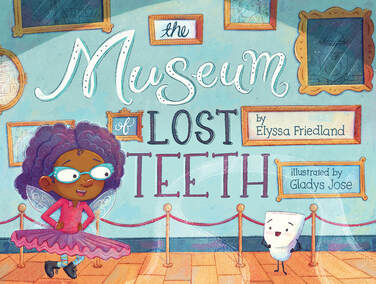
The Museum of Lost Teeth
Written by Elyssa Friedland Illustrated by Gladys Jose Ages 4+ | 40 Pages Publisher: Abrams Books for Young Readers ISBN-13: 978-1419757051 Publisher’s Book Summary: Find out where the tooth fairy takes all those lost teeth in this laugh-out-loud new picture book, perfect for fans of School’s First Day of School. Toothy lives in Liam’s mouth next to his best friend Fang. He’s a good tooth—sparkly and strong, and he loves doing the floss. One day, Toothy notices that he is loose and panics! Where will he go after he leaves his comfy spot next to Fang? After a crunchy apple seals the deal, Toothy is tucked under Liam’s pillow. When the Tooth Fairy appears, she takes Toothy to the Museum of Lost Teeth. It’s a more incredible place than Toothy could have ever imagined. It’s filled with new friends and fun activities like Tooth or Dare! Toothy finds a new home on the Firsts Floor, where first baby teeth are proudly displayed. In the tradition of School’s First Day of School, The Museum of Lost Teeth answers the question “Where do all the lost teeth go?” in this unexpected and hilarious picture book. Giveaway
Enter for a chance to win a copy of The Museum of Lost Teeth with a $25 Bookshop.org gift card.
One (1) grand prize winner receives: A copy of The Museum of Lost Teeth A $25 Bookshop.org Gift Card Two (2) winners receive: A signed copy of The Museum of Lost Teeth This post contains affiliate links. This means Me Two Books may earn a small commission should you make a purchase using the link.
Clicking on the book above takes you to an affiliate links. This means Me Two Books may earn a small commission should you make a purchase using the links. Forget the grocery hauls, here is the haul I love the most. Check out what we checked out from the library...books about friendship! Clicking on the book above takes you to an affiliate links. This means Me Two Books may earn a small commission should you make a purchase using the links.
|

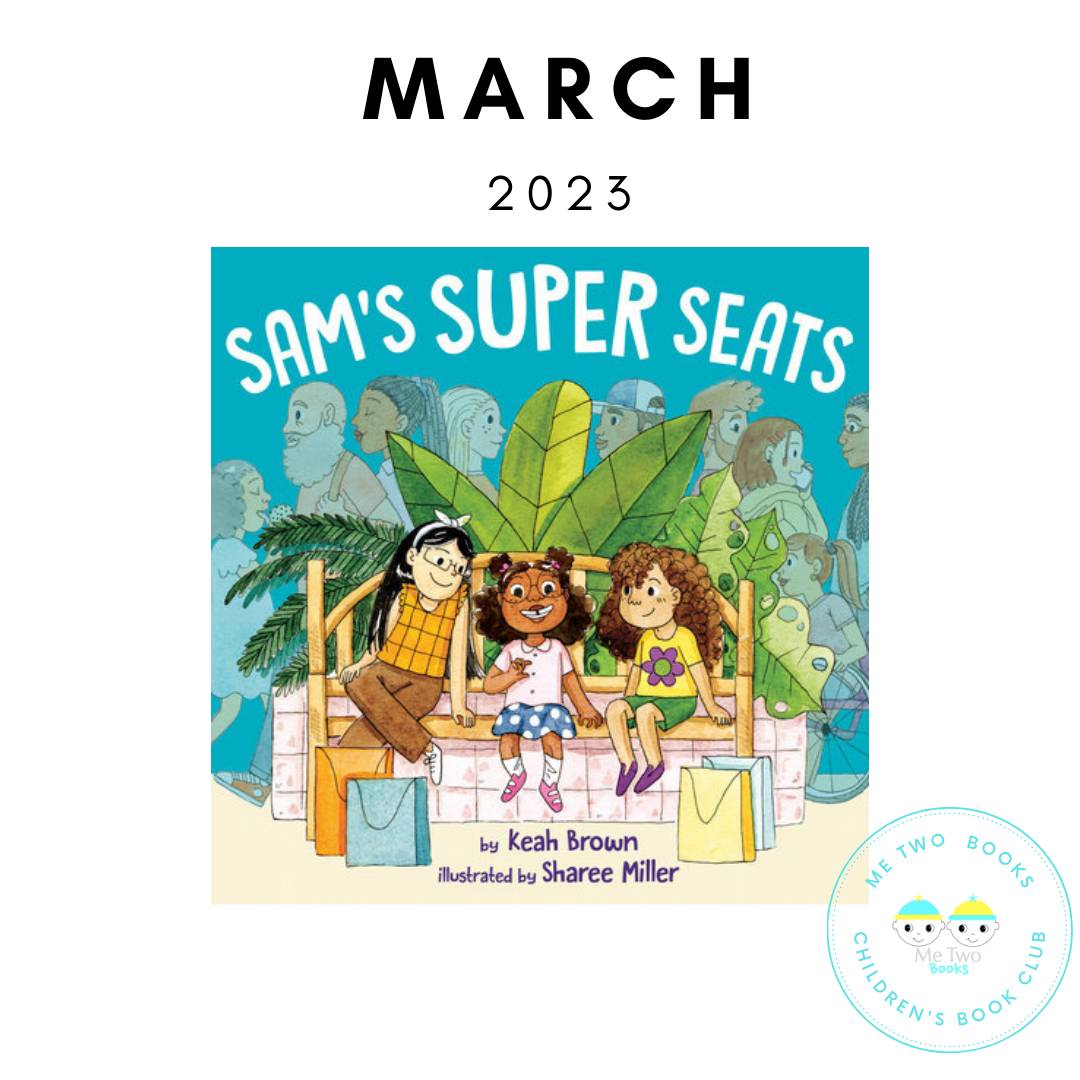
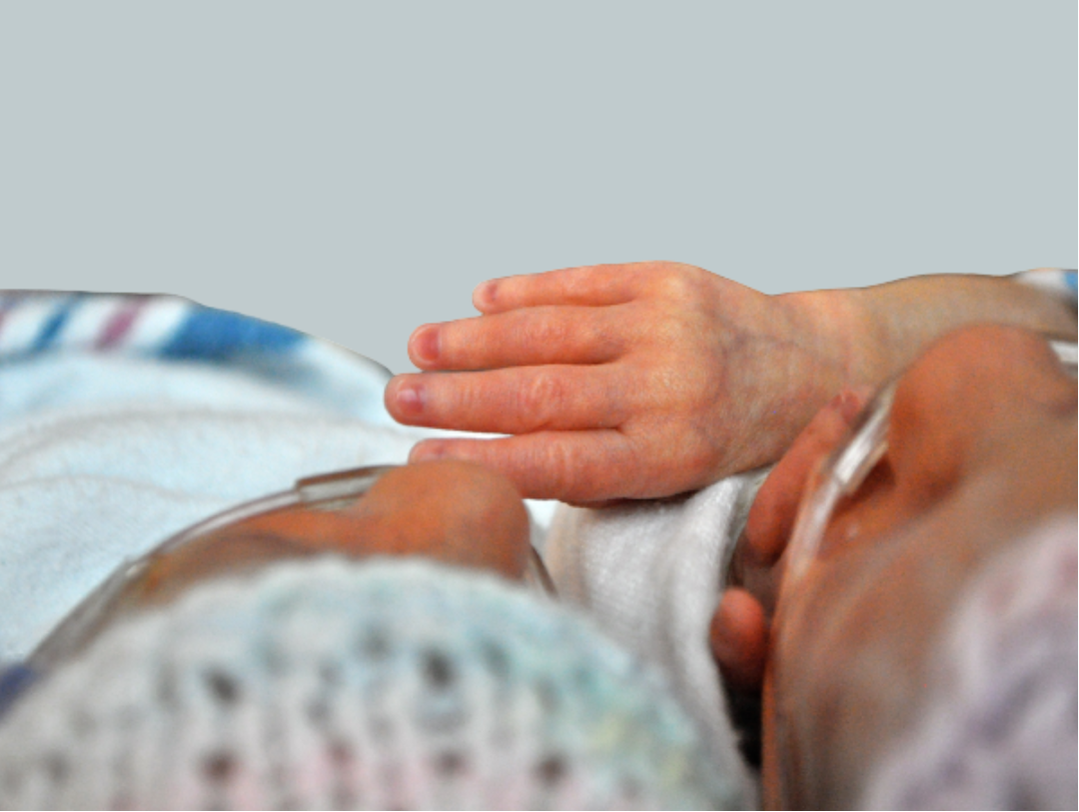
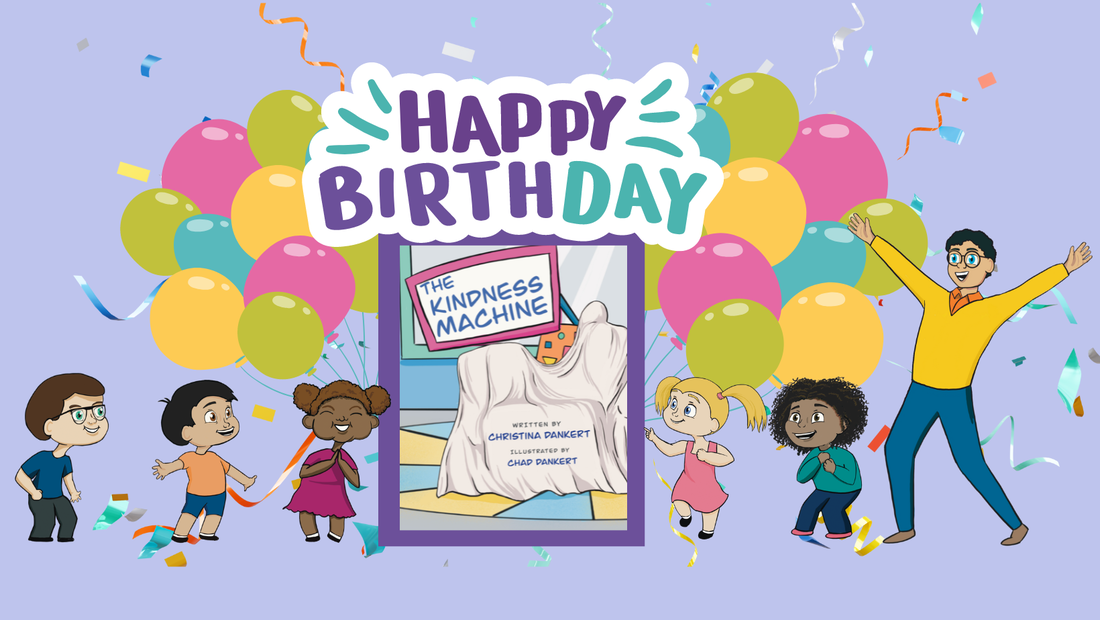
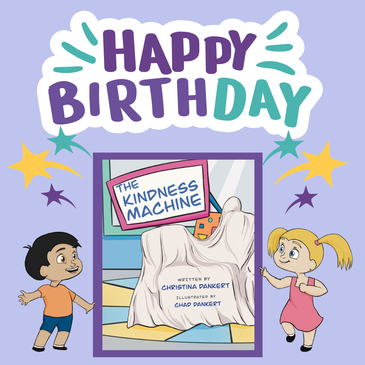
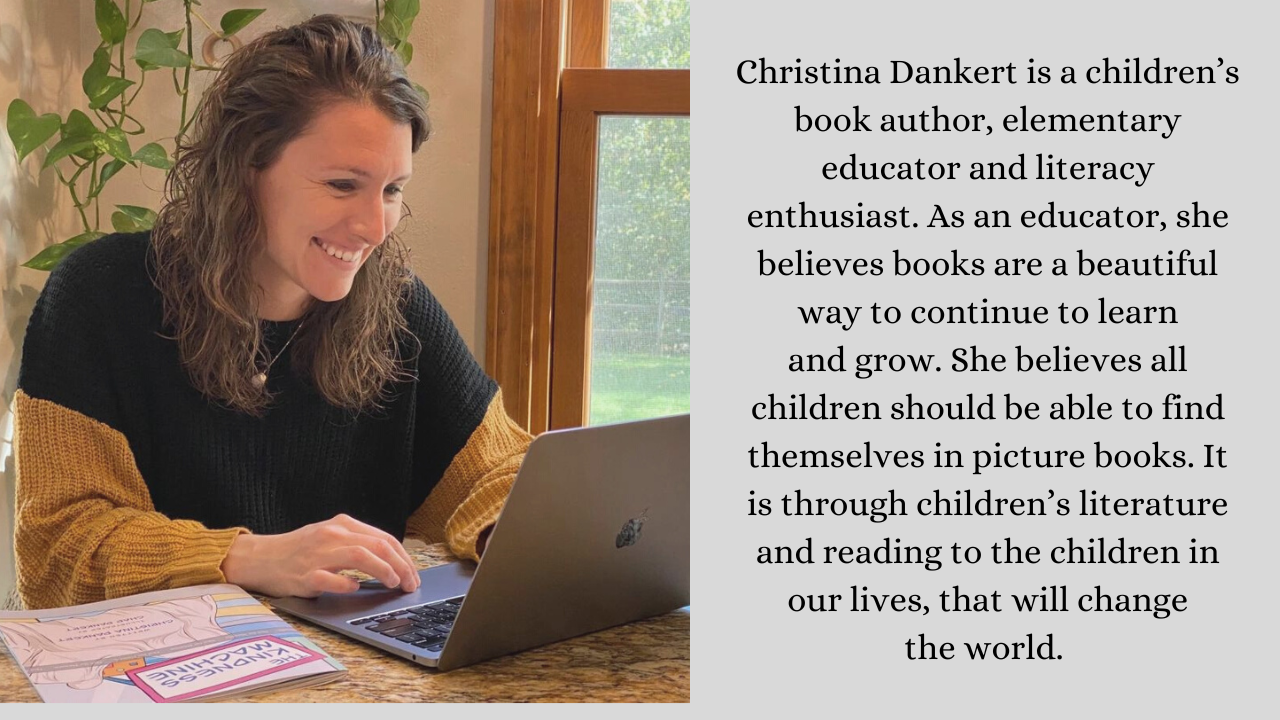


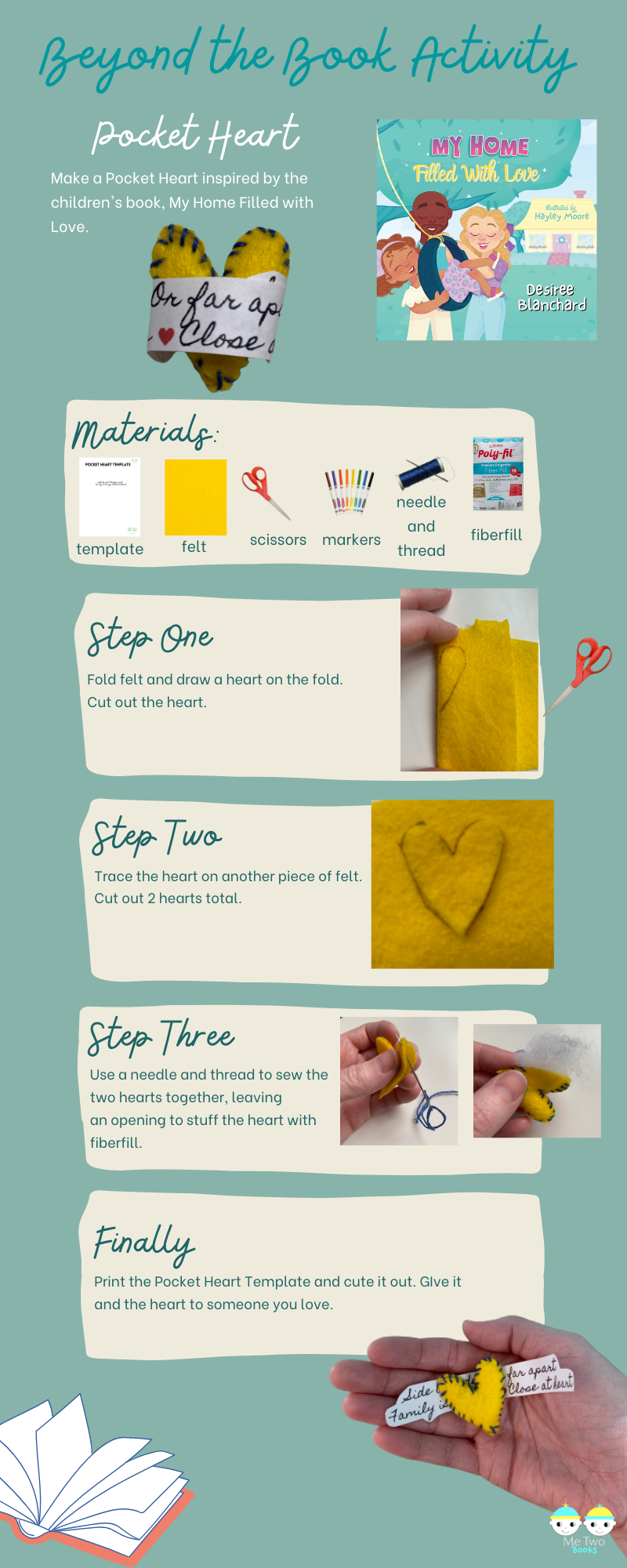
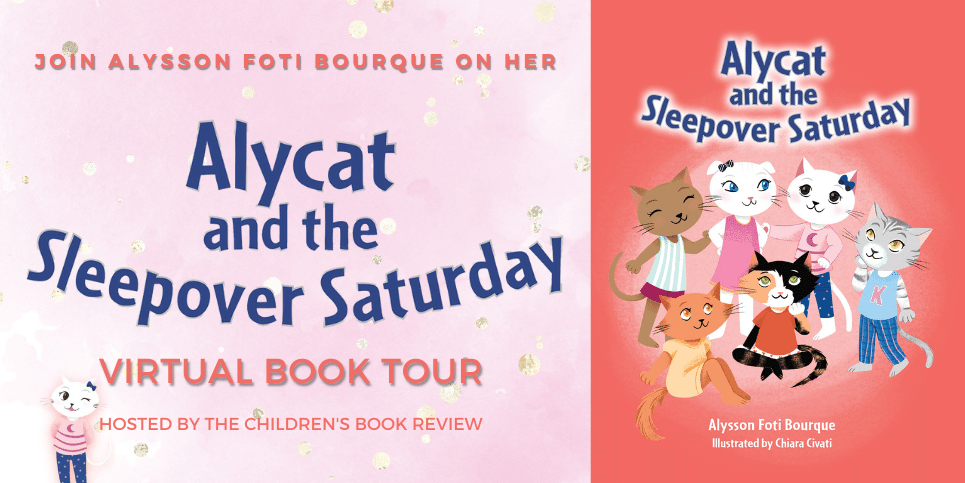
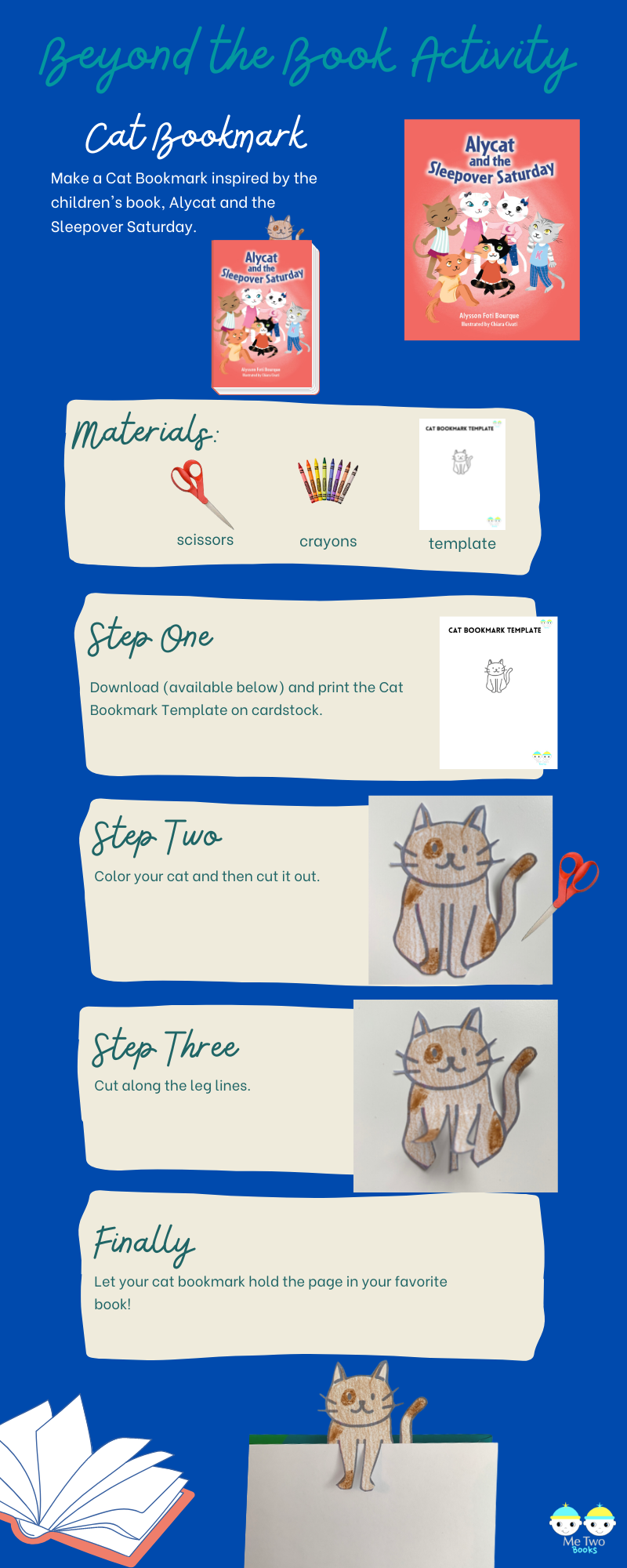

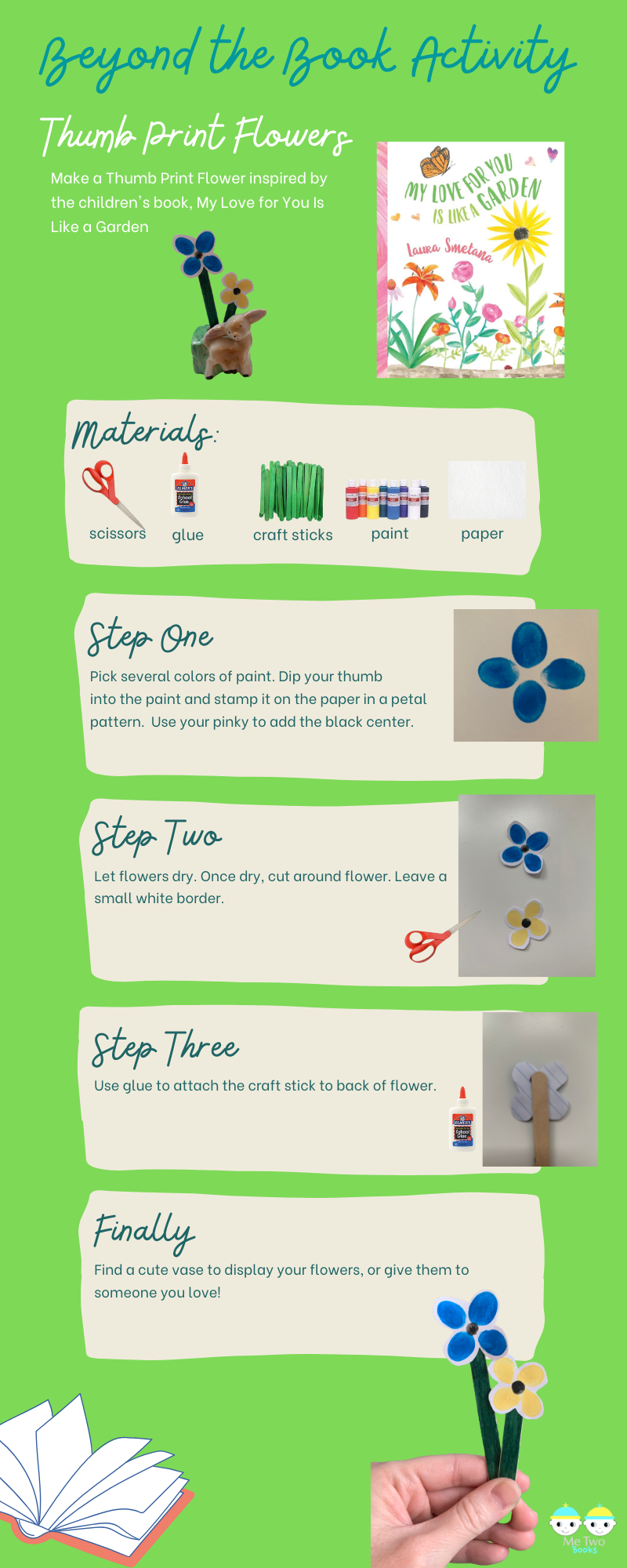
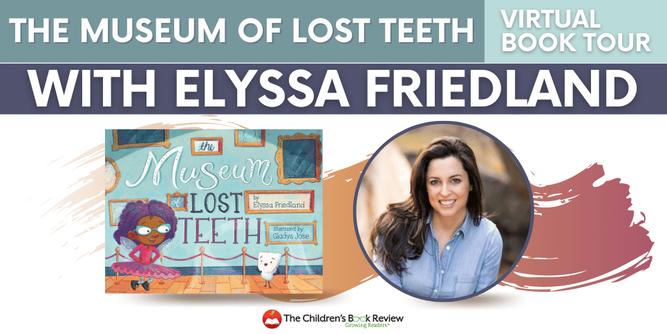
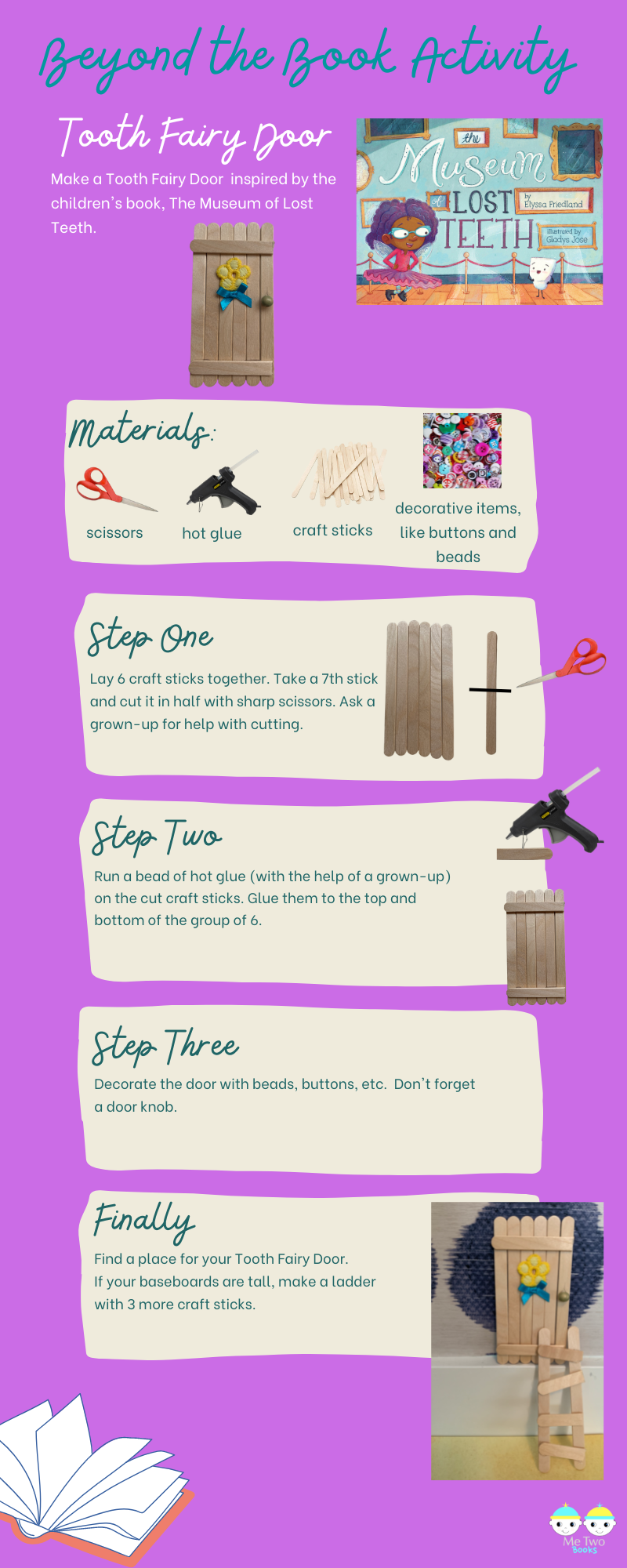

 RSS Feed
RSS Feed